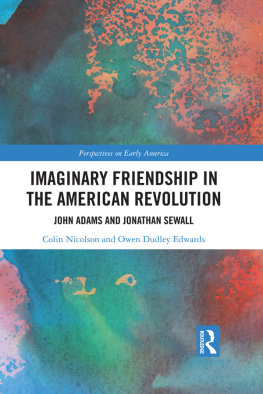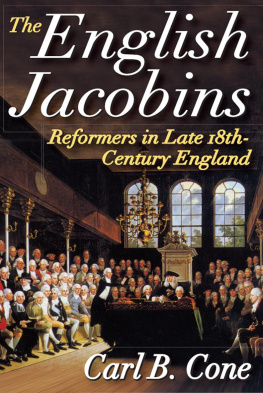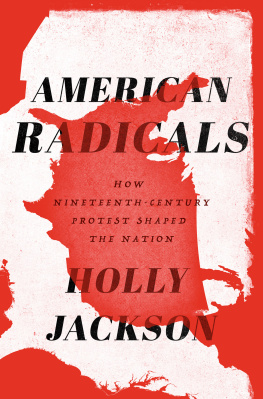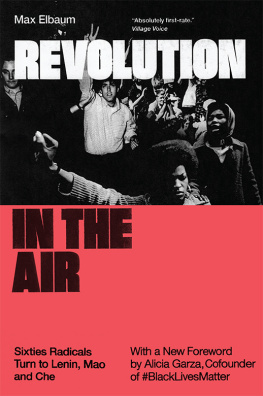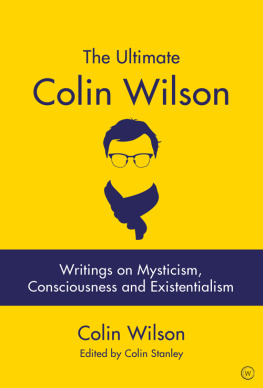English Radicals
and the
American Revolution
English Radicals
and the
American Revolution
by Colin Bonwick
The University of North Carolina Press
Chapel Hill
Copyright 1977 by
The University of North Carolina Press
All rights reserved
Manufactured in the United States of America
ISBN 0-8078-1277-3
Library of Congress Catalog Card Number 76-12641
Library of Congress Cataloging in Publication Data
Bonwick, Colin.
English radicals and the American Revolution.
Bibliography: p.
Includes index.
1. RadicalismGreat BritainHistory.
2. Great BritainIntellectual life18th century.
3. United StatesHistoryRevolution, 17751783Influence.
I. Title.
HN400.R3B66322.44094276-12641
ISBN 0-8078-1277-3
For Mary
Contents
Acknowledgments
It is a pleasure to thank those many individuals and institutions who have given me much assistance with the preparation of this study.
I wish to thank the Twenty Seven Foundation for financing a visit to the United States in 1971 and the Higher Degree and Research Committee of the University of Keele for its support over many years. I also wish to thank the late Olive Lloyd Baker and Messrs. Josiah Wedgwood and Sons Ltd. for permission to quote from the Hardwicke Manuscripts and Wedgwood Papers respectively, the American Philosophical Society, Boston University Library, Historical Society of Pennsylvania, Houghton Library, Harvard University, and Yale University Libraries for permission to consult and quote from manuscripts; also the staffs of the many other libraries and record offices in Britain and the United States whose names appear in my bibliography for their substantial assistance in using the collections in their care. Quotations from the Adams Papers are from the microfilm edition, by permission of the Massachusetts Historical Society.
In particular, I would like to express my gratitude to Professors Donald C. Gordon of the University of Maryland and E. James Ferguson, now of the City University of New York, for guidance at an early stage; Dr. J. R. Pole of Churchill College, Cambridge, and Dr. John A. Woods of the University of Leeds for their help and advice at several crucial points; Dr. D. O. Thomas of the University College of Wales, Aberystwyth, for help in relation to Richard Price; Thomas R. Adams and the staff of the John Carter Brown Library and John Creasey of Dr. Williamss Library for making my visits to their libraries both valuable and congenial; and John Dann of the William L. Clements Library, University of Michigan, for providing not only photocopied material but scholarly advice to accompany it. I would also like to express my great thanks to Professors Ian R. Christie of University College, London, and Aubrey C. Land, now of the University of Georgia, for their advice at several critical stages and their comments on a draft of this book. Marie Bryan has done much typing and has been of great assistance in the preparation of this book.
Most of all, I wish to thank my wife for her constant help and scholarly advice over many years.
Introduction
The second half of the eighteenth century was politically turbulent on both sides of the Atlantic. In America the rising maturity of colonial society led, after 1763, to increasingly bitter conflicts with Great Britain. At first the disputes were contained within the boundaries of an imperial framework; later they led to war, the assertion of a separate American sovereignty, and the foundation of a new and independent republic. Despite independence, the issues that lay at the heart of the conflict with Britain remained to be settled within an exclusively American structure, and though considerable progress was made, the issues were not resolved before the end of the century. During the same years in England, men were increasingly uneasy over the manner in which their political system was operating; they were horrified by what they regarded as its endemic corruption and suspected that it was being manipulated toward objectives that were anathema to the principles of traditional English constitutionalism. The outcome was an upsurge of radicalism. Initially the demands for reform came largely (though not exclusively) from the middle ranks of society, but during the 1790s another section of the community, the artisans, entered a continuous engagement in politics for the first time.
Simultaneous development of these two movementsrevolution in America and radicalism in Englandinvites the observer to ask whether an integral relationship subsisted between them. Many contemporaries had no doubt: the perversion of English politics and the attack on colonial liberty were part and parcel of an empirewide disease infecting its entire fabric. Some recent historians have denied the connection and insisted that their only true unity rested in their contemporaneity. Yet the question lingers on. That part of its answer which is to be found in the history of the United States has been explored in recent years by Caroline Robbins, Bernard Bailyn, Pauline Maier, Gordon Wood, and others, and no further examination is needed here. The other must be sought in the domestic history of England. Such an inquiry demands consideration of the changing configuration of radicalism and discussion of its relationship to the American Revolution as both a war of independence and an experiment in government. Though the two forms often reciprocated with one another, it is possible and useful to examine them separately. Thus an analysis can be divided into two broad and overlapping themes: the problem of redefining the relationship between Britain and America, and the international role of America as an asylum of liberty. Such a distinction is all the more desirable since the Revolution presented itself to the radicals in two distinct modes. As a war of independence it posed a direct problem that demanded an immediate solution; as an experiment it offered an analogue for their aspirations. But first the growth of radicalism must be set in its English context.
England at the accession of George III was a notably stable community. Though open to criticism on several counts (of the brutalization of many of its poor, for example), its fabric was sturdy and its members confident and secureespecially in comparison with the conditions of fifty and more years earlier. Part of the explanation for this stability rests in the fact that the shock waves of industrialization and urbanization had still to hurl their greatest strength against it; much lay in the earlier achievements of its statesmen, notably Sir Robert Walpole, and particularly in their success in inducing a sense of common identity in those who wielded economic, social, and political power. As a political society the country functioned from two principal centers, one at Westminster and the other in the local community. Since agriculture was still the most important source of the nations wealth, power appropriately resided firmly in the hands of the landed aristocracy. Others were not excluded, especially at the local level of the county and borough, but generally speaking, politics was dominated by the great families, and patronage was the lubricant they applied to ensure that its machinery operated to their satisfaction. One other feature of mid-eighteenth-century society demands special attention. The church-by-law-established formed a second pillar in the diarchy of the constitution. Its bishops sat in the House of Lords, its parish clergy cooperated with village squires, and its courts superintended wide areas of moral and family law. In the secular realm its duty was to promote and enforce conformity to the prevailing social and political establishment, and in this it had enjoyed considerable success in recent decades; the flexibility of its theology and the latitudinarianism of its bishops had contributed significantly to the reduction of those religious tensions that so grievously bedeviled the previous century. Though the church was clearly the junior partner, its importance should not be overlooked.


